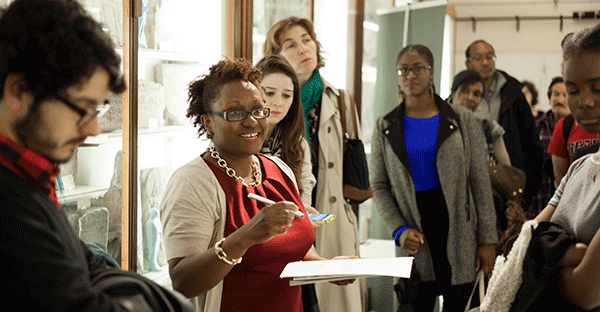Our Recommendations:
For students:
Make your voice heard! Let your lecturers know through formal and informal student feedback that a diverse and inclusive curriculum matters to you.
Suggest good readings to your lecturers if you come across them and explain why you would like to see them, or something similar, on the syllabus.
Get involved in your Student Union’s campaign to Decolonise UCL, and put yourself forward to be part of the Staff-Student Consultative Committee or Equalities and Diversity Committee to raise these issues.
Think about the sort of education you would like to be getting. Would you like to study more queer or decolonial theory? Set up reading groups and develop your own alternative curriculum. Sympathetic members of staff might help you if you take the lead!
Read the recommendations on the right and make sure your student representative and Programme Director know which ones you think they should be driving forward.
For tutors:
Try to find a more diverse set of readings for your reading lists! ‘Women Also Know Stuff’ and ‘People of Color Also Know Stuff’ are great databases to help you find good readings.
Don’t just focus on the identity of the authors. Try to think more broadly about engaging students with a range of approaches and ideas, including those which speak directly to the histories and concerns of marginalised and minoritised groups.
Work with your students to co-design new modules or redesign current ones. Changemakers funds are available for this sort of work.
We appreciate your efforts to engage with work that might be less familiar to you. You don’t have to know everything about it – we can all learn together. As students with particular lived experiences, we might know more about some topics than you and we are proud to have our knowledge valued and acknowledged in the classroom.
Some topics like gender, race, sexuality and disability are very uncomfortable to talk about. We students understand this. We think it is more useful to talk about that discomfort in an honest way than try to pretend it isn’t there.
For the department’s And UCL’s leadership:
It would be great to repeat this study in 3 years to check in on whether any progress has been made.
Diversity and inclusiveness of reading lists should be a standing question on student evaluation forms and in staff performance management.
Encourage staff and students to work together on co-designing and redesigning modules and programmes with diversity and inclusiveness in mind.
Hire more women and people of colour to teach us: they provide important role models and we also know that they are more likely to assign readings by women and people of colour.
When hiring, it is worth considering whether the person hired could teach more critical and nonmainstream approaches, including specialist modules that could focus more narrowly on issues of race, sexuality and disability from critical perspectives.
We would love to see streams or clusters of modules that would enable us to specialise critical and nonmainstream approaches if we wanted.


